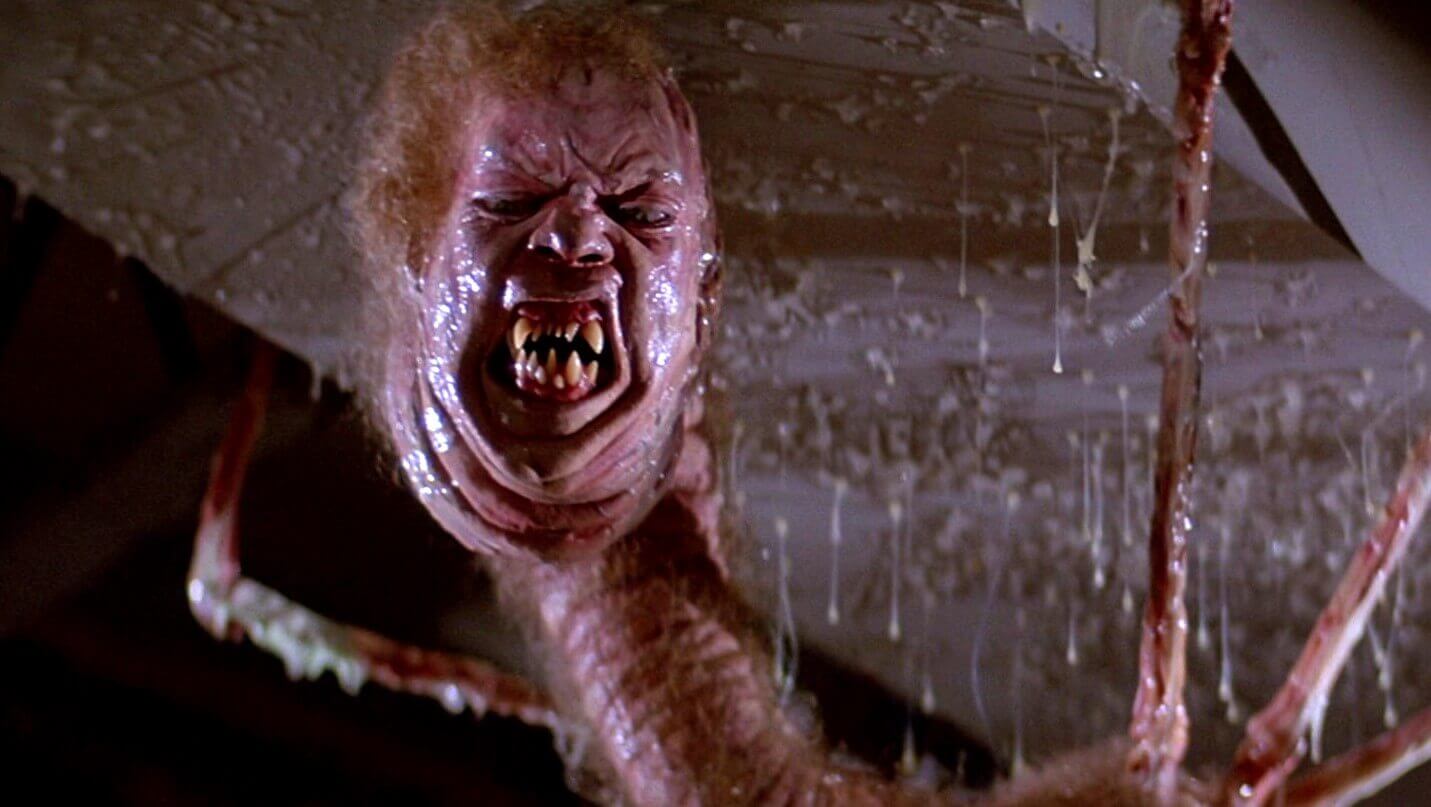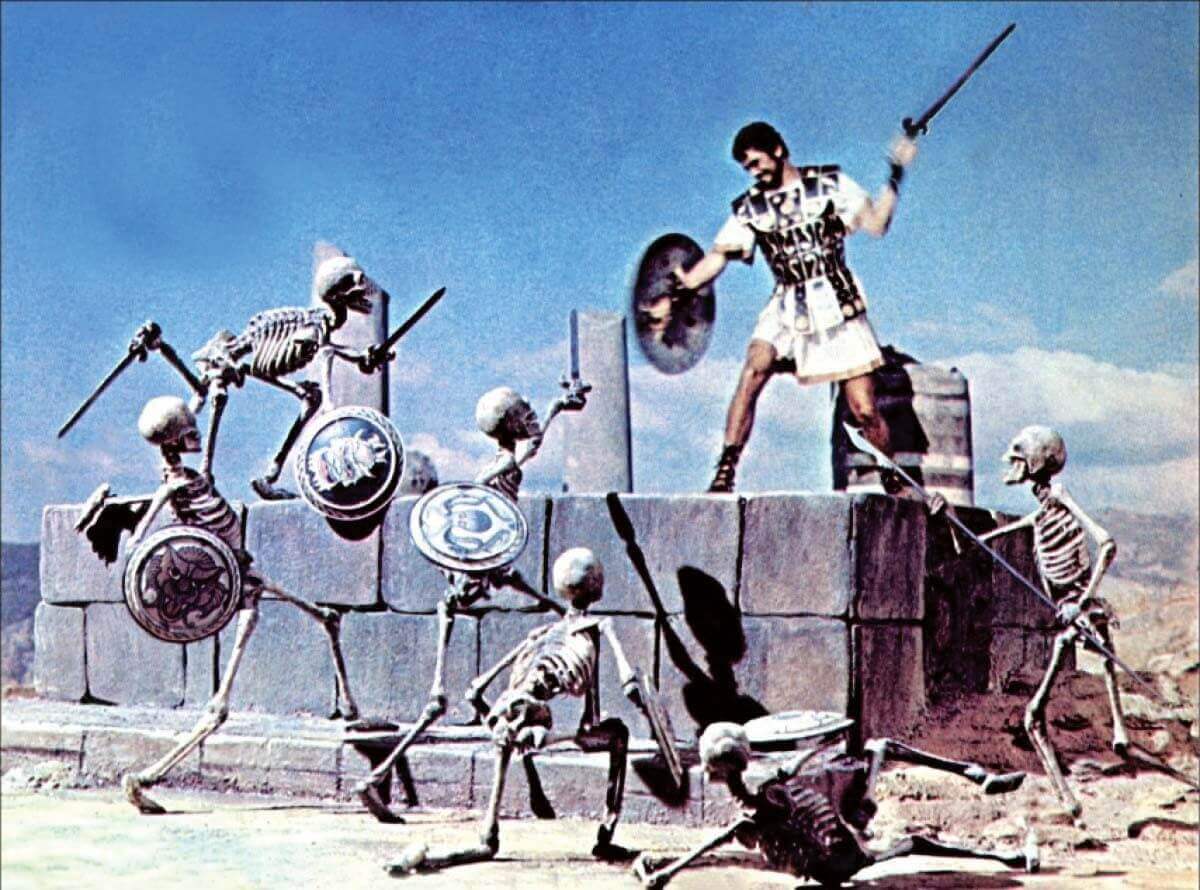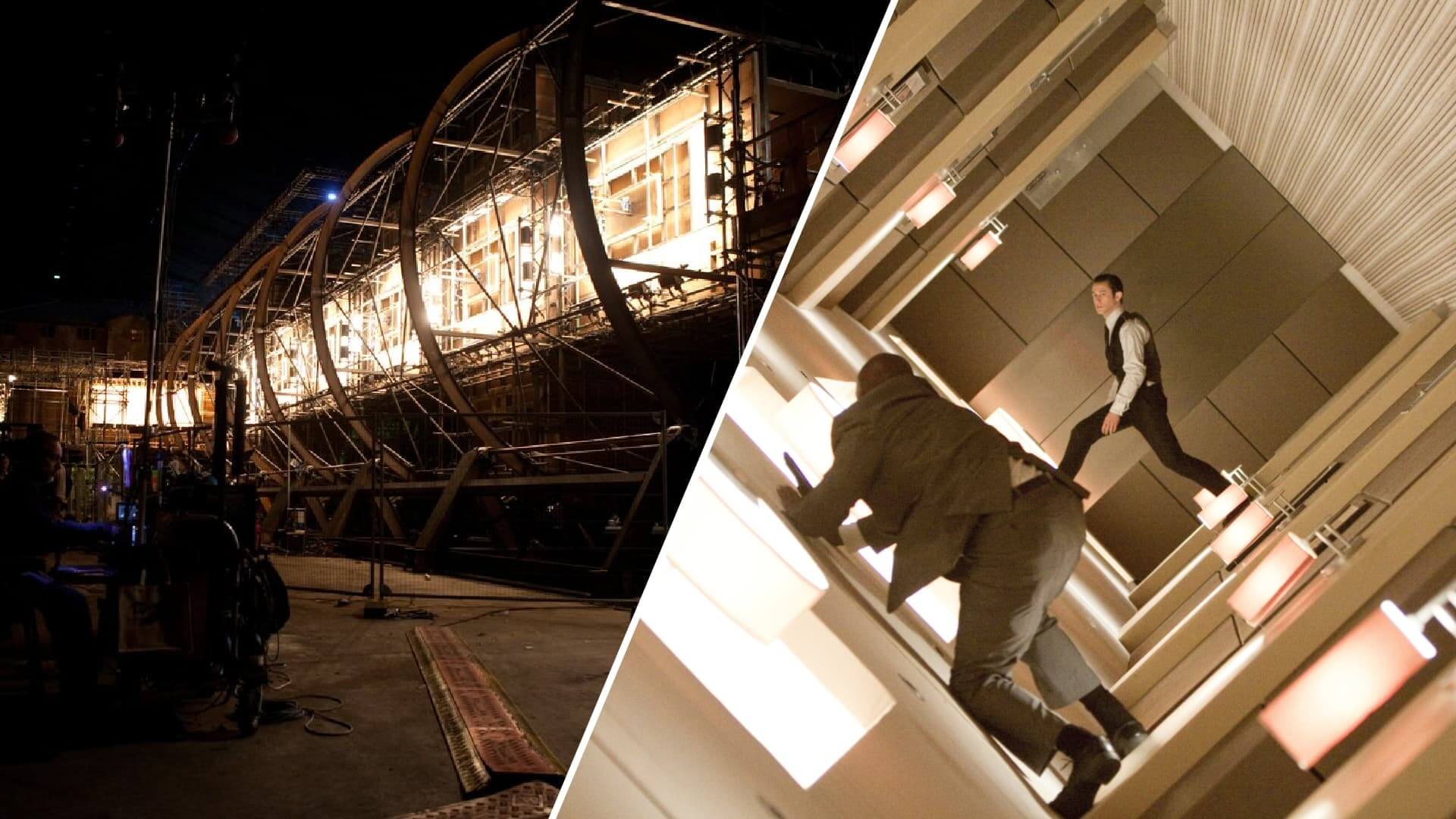Are practical effects still useful in modern cinema? In the battle of practical vs CGI (computer-generated images), who wins? Practical effects have a rich history in cinema, influencing generations of filmmakers and movie goers alike. Oftentimes, practical effects movies can produce a more realistic look and feel than CGI. In the article, we analyze practical effects, the movies that use them and why they still have great importance in film.
Practical effects Definition
Let's talk about practical effects
Practical effects can be some of the most entertaining and fun aspects of a movie, both for filmmakers and for audiences. Many types of special effects can fall under the category of practical effects, so let's start with a general definition before we get to some practical effects examples.
PRACTICAL EFFECTS DEFINITION
What are practical effects?
Practical effects include but are not limited to: props, sets, creatures, vehicles and makeup. Practical effects, a subcategory of visual effects, are always made by hand and are never computer generated. They add a sense of realism to a special effects-driven story, because they are real. A 3D object has weight and dimensions that actors can interact with. While some CGI ages poorly over time, practical effects done right can hold up for decades.
Practical Effects Examples:
- Props: weapons, tools, gadgets, toys, etc.
- Sets: set pieces, stages, filming on location
- Creatures: vampires, werewolves, zombies, etc.
- Vehicles: cars, helicopters, planes, ships, etc.
- Makeup and wardrobe: creature effects
In short, there is nothing practical effects haven't been utilized for in filmmaking. For a look back at some of the greatest examples, here is a video of some of the best practical effects in movies.
Top 10 Practical Effects
Practical effects in movies are a magical thing. They can be any special effect made by hand, be they makeup, sets or even explosions. In the battle of practical effects vs CGI, sometimes the real thing just can’t be beat.
Practical Effects: Creatures
Creature and gore effects
One of the most popular forms of practical effects are creature effects. These effects in horror are nearly as old as cinema itself, with classics such as Frankenstein and Dracula. Creature effects are often made from things such as latex, foam, or other easily malleable materials.
They are used to make otherworldly monsters and creatures that can terrify or amaze. From the innocent and family friendly E.T., to the horrifying xenomorph in Aliens, creature effects come from the imaginations of masterminds.
One of the greatest achievements in practical effects movie history is the transformation scene in An American Werewolf in London. Made in 1981, this movie utilized 30 technicians, 6 months of prep and a full week of shooting just for this scene.
From pulling hair through rubber, to stretching out prosthetic limbs, every moment it made my hand, not CGI. Despite its age, you won’t find a better creature effect to this day.
What are Practical Effects • An American Werewolf in London
Another movie famous for its creature effects is John Carpenter’s The Thing (1982). This film features an alien with so many grotesque transformations, it’s nauseating. The blood, the slime, the tentacles, the alien appendages, the gore effects; it’s all practical.

What are Practical Effects? • The Thing
The countless hours of work (57 straight weeks) produced such a horrifying monster that The Thing terrifies audiences to this day. Here is a video on the work of Rob Bottin.
Rob Bottin and The Thing
Stop-motion animation is another form of creature effect that isn’t used much today, but produced fantastic effects for its time. Films like Jason and the Argonauts and Clash of the Titans utilized puppets and dolls that were slowly moved, manipulated and filmed frame by frame.
A painstaking process to be sure, it created monster effects that were ahead of the times.

Stop Motion Effects • Jason and the Argonauts
Here some of the greatest creature effects artists of all time, as well as some of their works.
Special Effects Artists
- Stan Winston: Jurassic Park, Terminator 2: Judgement Day, Aliens
- Ray Harryhausen: Clash of the Titans, Jason and the Argonauts
- Tom Savini: Dawn of the Dead, Creepshow 2, Friday the 13th
- Rob Bottin: Total Recall, Robocop, The Thing
- Greg Nicotero: The Walking Dead, Transformers, Predator
- Rick Baker: An American Werewolf in London, Planet of the Apes
- Robert Kurtzman: Tremors, From Dusk Till Dawn
- Tom Sullivan: The Evil Dead, Evil Dead 2
An American Werewolf in London is considered one the most influential practical effects movies. Here is a discussion why it is even more prominent than the cult classic, Evil Dead.
Evil Dead vs. An American Werewolf
In the battle of Evil Dead versus An American Werewolf in London, I say “Why not both?”
Related Posts
Practical Effects: Props and Models
Models, explosions and props
The use of scale models in movies was once the cutting edge of practical effects. Artists and special effects masters created ships, planes, buildings and more from metal and plastic. This in turn gave a realistic look and feel to any sci-fi or action flick. One of the most famous uses of scale models is the original Star Wars trilogy.
What are Practical Effects? • Star Wars
CGI wasn’t great back in the '70s, so George Lucas created his own special effects company called Industrial Light and Magic. From the Millennium Falcon to the Star Destroyer, scale models were used to make space battles come to life on the silver screen.
Behind the Scenes of Star Wars Practical Effects
Simple, but effective, nothing wows an audience like an explosion. While modern CGI can create breathtaking explosions, there is something magical about the real thing (with proper safety considerations, of course).
Perhaps one of the finest examples of a practical explosion is The Dark Knight. In the famous hospital scene, Christopher Nolan blew up a real building to create this haunting moment. He only got one take, but it paid off big time.
What are Practical Effects? • The Dark Knight
Finally, whenever someone in a movie uses a sword, a gun, or a weapon of any kind, it's a practical effect. From common household items, to laboratory equipment, anything the actors use and interact with is a prop. Seems like a silly thing to point out, but we live in a world where literally entire movies are made with CGI.
In this video, you’ll see how director Chris Nolan used miniatures to film one of the best action sequences in The Dark Knight.
The Dark Knight Miniatures
It falls on the director to make the big decision to use mechanical effects in film, such as miniatures. It always pays off.
Practical Effects: Sets and Locations
Sets and camera tricks
Another form of practical effects is set building. Much like scale models, sets are built to create fictional worlds that do not exist in the real world. Some of the most famous sets in the world were built on the Universal Studios backlot, where many great films have been shot, such as Back to the Future.
One of the greatest achievements in set building occurs in 2001: A Space Odyssey. Stanley Kubrick had a $750,000 centrifuge set build so he could properly simulate a space station.
What are Practical effects? • 2001: A Space Odyssey
Many years later, Christopher Nolan used a similar set piece in the movie Inception for a scene with jaw-dropping practical effects. Here's a video breakdown of how they shot the hallway fight scene.
The Inception Hallway Fight — Genius Practical Effects
Camera tricks can also be classified as practical effects. One famous example of cinematography shenanigans is in The Lord of the Rings Trilogy. Director Peter Jackson used forced perspective to take two normal sized actors and make them seem vastly different in height, such as Elijah Wood (Frodo) and Ian McKellen (Gandalf).
To make the scene more dynamic, he also employed moving forced perspective, where the actors were on moving platforms to maintain the height illusion.
Lord of the Rings • Forced Perspective
Great directing and the use of practical special effects created the magic in The Lord of the Rings.
Related Posts
Practical Effects and CGI
The Practical Effects vs. CGI debate
When it comes to practical effects vs. CGI, they don’t have to be mutually exclusive. Sometimes, it is the combination of practical effects and CGI that creates creatures and worlds that would otherwise be impossible.
One of the best examples of this is Jurassic Park. Director Steven Spielberg used animatronics/puppets in conjunction with computerized models to create life-like dinosaurs such as the tyrannosaurus rex. Seamlessly put together, the result is a giant monster that moved and acted like a real animal.
T-Rex Paddock Attack
As great as practical effects are, sometimes building something with CGI is just more “practical.” Afterall, each one can be used to compliment the other. Here is a video on why CGI doesn’t always suck.
Why CGI Doesn’t Suck
The trend of having entire movies built with a computer program is not the ideal. The blend of practical special effects and CGI is the best answer.
UP NEXT
Inception special effects remake
Christopher Nolan is a modern director that loves to use practical effects and CGI in his movies. In Inception, he created a whole new world where dreams are manipulated like toys. In this article you will see how he created the infamous Paris café explosion scene, using a plethora of special effects techniques. And watch as we tried to recreate the VFX in for less than $300!
Up Next: Inception effects→
Share your vision with elegant shot lists and storyboards.
Create robust and customizable shot lists. Upload images to make storyboards and slideshows.
